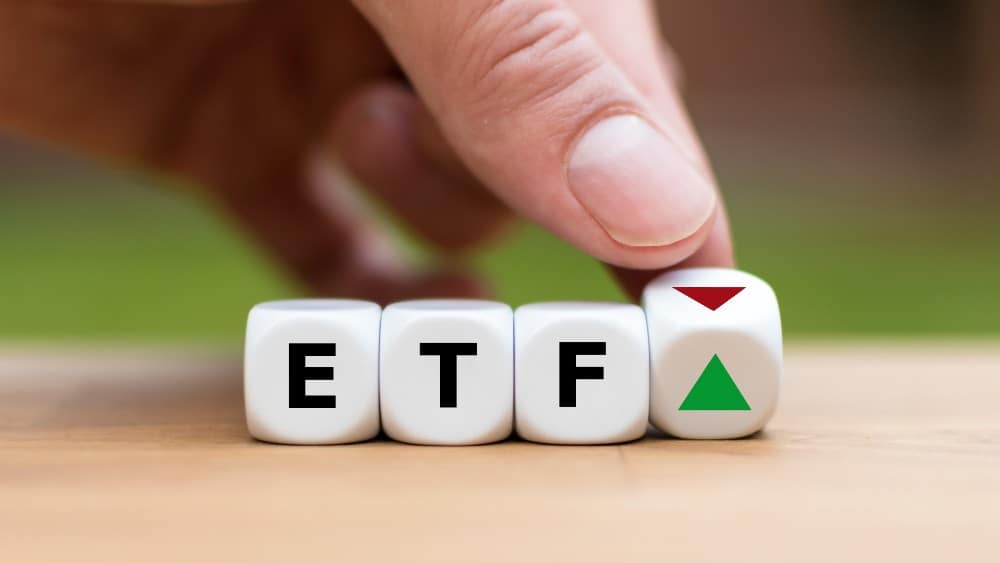The S&P/TSX Composite Index saw a correction in February as Russia-Ukraine concerns impacted global markets. Although Russia, Europe, and the U.S. keep saying peace talks, matters were only escalating. Today, Russia declared war on Ukraine, and the U.S. and Europe imposed sanctions on Russia. The war has brought on a global market sell-off.
At times like these, people tend to hoard cash or buy gold. The Russia-Ukraine war will impact the entire world as Russia is one of the largest oil and natural gas producers. The war and the sanctions have created uncertainty around oil and aluminum supply, increasing commodity prices. Oil prices crossed US$100/barrel, and aluminum prices surged to 2008 peaks.
How to protect your portfolio from the Russia-Ukraine war?
When there is war, all resources are diverted toward it. At times like these, invest in stocks with strong cash flows, balance sheets, and management. Another way to mitigate risk is through diversification. The Toronto Stock Exchange is skewed toward oil and bank stocks. Canada is home to the world’s third-largest oil reserves, and oil and natural gas are at the centre of the Russia-Ukraine war.
As I said before, commodity prices are rising and will continue to rise as the war creates supply uncertainty. Inflation will rise to unprecedented levels. And companies that cannot pass on the cost to customers could suffer huge losses. At times like these, two Canadian ETFs will benefit:
- iShares Gold Bullion ETF (TSX:CGL.C)
- iShares S&P/TSX Capped Energy Index ETF (TSX:XEG)
The iShares Gold Bullion ETF
For years, gold has acted as a safe haven and a hedge against inflation. Gold is unrelated to the stock market. That is what makes it an attractive investment when the market is in the doldrums or when the currency is volatile. When the value of the paper currency depreciates, the value of gold appreciates. And the best part about gold is it is accepted as a precious metal worldwide.
Now, look at the current market scenario. The U.S. and Canada are already suffering from high inflation as a result of pandemic stimulus packages. The Russia-Ukraine war has aggravated the situation. The U.S. and Europe have imposed sanctions on Russia to block western financing for the country. As all resources are focused on war, people seek the safety of their assets, and gold gives them that. If a country’s government crashes, its currency loses value. That is when gold comes in handy. Unlike paper currency, it doesn’t derive its value from the stability of the government. Gold derives value from the market forces of demand and supply.
The iShares Gold Bullion ETF purchases gold bullion and stores it in a vault. It gives you a share of that bullion in the form of units. One unit of the ETF is currently trading for around $21. The ETF surged over 28% during the pandemic crisis. It began another rally, growing 6.5%, in February as tensions between Russia and Ukraine escalated. The war has just begun. Even when it ends, the after-effects will take time to subside. This means the gold ETF is likely to grow another four to five months before receding. The surge in gold ETF will help offset losses in other stocks.
The iShares S&P/TSX Capped Energy Index ETF
The aggravating energy crisis in Europe will likely drive oil and natural gas prices to new highs. Some economists expect oil to reach US$125/barrel. Oil and gas companies are the key beneficiaries. Hence the iShares S&P/TSX Capped Energy Index ETF surged 31% in two months. The ETF invests in 22 Canadian oil and gas companies, with 50% holdings in Canadian Natural Resources and Suncor Energy. The ETF also pays quarterly dividends.
There is still room for the ETF to surge as the energy crisis is unlikely to ease anytime soon. It is better to buy the ETF now and let the rising energy prices offset losses elsewhere.









